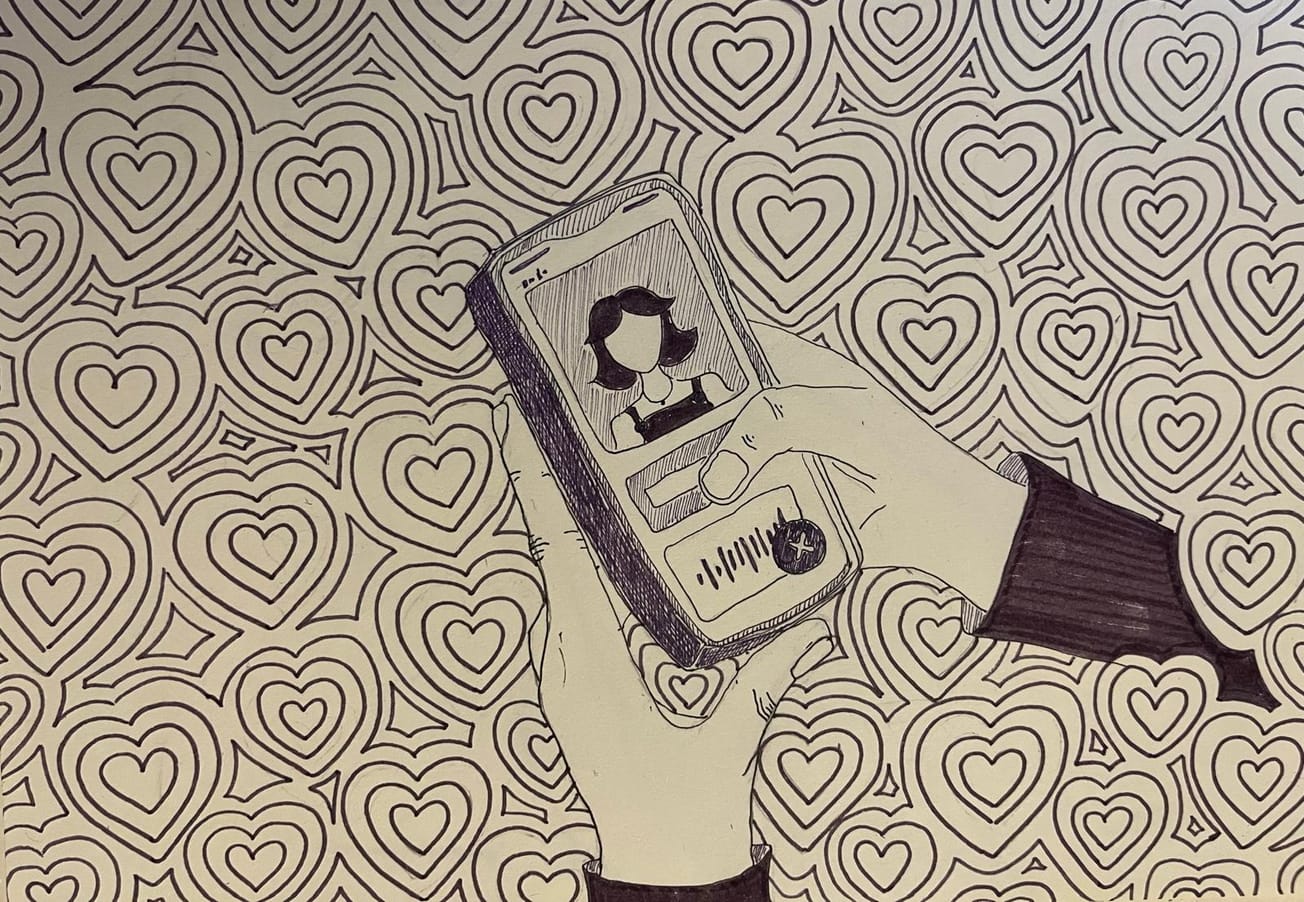By Jenny McDowell-Langford, Third Year Ancient History
A recent study by Convertr.org analysed the top 250 albums as voted by the public on AlbumOfTheYear.org to find that the majority were released in 2001, giving it the controversial title of ‘the best year for music.’
2001 was undoubtedly a year of smash hits, with highlights from Album Of The Year’s list including: Daft Punk’s Discovery, The Strokes’ Is This It?, and Jay-Z’s The Blueprint. Other releases by The White Stripes, Muse, Radiohead and Gorillaz had huge success; overall, 2001 was a year of variety. It is arguably this great range which allowed music to thrive, as there was a sound for everyone. Pop-punk and hip-hop flourished, representing two extremes in popular tastes. These distinct niches ensured that all music fans found their place, and is perhaps why people look back on this time with such fondness.
It's notable that what's now considered the best year for music was 21 years ago - it’s hard to believe that nostalgia didn’t factor into the voting process and cloud people’s opinions. The most recent year to make it onto the top 10 best for music was 2012, sitting at a respectable fifth place with releases by Kendrick Lamar and Frank Ocean being overwhelmingly popular. Perhaps ten years is just long enough for artist’s legacies to be established and to make the longevity of certain albums obvious.
In the top-ten ranking, there are only three places not between 1994-2001. Those are 1969, at tenth place, 1971 at ninth place, and 2012. The 60’s and 70’s are no doubt viewed as pivotal years for music, and it's easy to say that most music fans would associate them with some of the best music of all time. Why, then, do these decades feature so far down on the list, and why are they dominated by the 90s? I personally think that this is down to voter demographics and the haze of nostalgia. Both 90’s kids and adults seem to hail it as the best decade, and it has left an undeniable mark on music, culture and fashion. Most voters would have likely either lived through the 90s or seen their effect on the 2000s, suggesting a strong bias.
The second place was taken by 1998, an absolute stand-out year for music with amazing releases like Massive Attack’s Mezzanine, an album which permanently altered the global perception of Bristol’s music scene.
Interestingly, on Album Of The Year’s highest rating of all-time list, 2001 doesn’t seem to emerge until number 20, with The Glow Pt.2 by The Microphones: a semi-obscure collection of ambient lo-fi with folk touches written by Phil Elverum. Why would this be different to the top 250? As a user-voted project, the platform is easily manipulated by recent listening trends. The top 250 has already changed since the study took place, with Black Country, New Road’s Ants From Up There (2022) shooting up to a whopping third place just a few weeks after release with a rating of 100. Upon seeing this it becomes obvious that, although very revealing of the opinions of devoted music fans, Album Of The Year is perhaps less useful in understanding mainstream attitudes.
#NewMusicFriday : Ants From Up There by @BCNRband has received a score of 88 with 20 critic reviews #ArtRock #PostRock #ChamberPop https://t.co/Y0dOpFn8pQ
— Album of The Year (@aoty) February 4, 2022
Although featuring truly amazing albums, the Top 250 list isn’t what one would expect. A best of all time list would presumably be filled with indisputable classics: David Bowie, The Beatles, Wu-Tang Clan, Black Sabbath… the list goes on. Shockingly, Bowie doesn’t feature until number 68 with The Rise and Fall of Ziggy Stardust and the Spiders From Mars (1972), whereas Kanye West has three albums in the top 20 alone, and takes the second place slot with My Beautiful Dark Twisted Fantasy (2010). Kanye is certainly deserving of a high spot on this list, but the frequency and order is questionable when compared to other artists who have changed the trajectory of popular music entirely.
Album Of The Year also has a strong lean towards the lesser known. Personally, I was elated to see The Lonesome Crowded West (1997) by noise-indie legends Modest Mouse take the number 11 spot. However, if this survey had been conducted on the street or through a more mainstream platform such as Facebook or Twitter, I doubt that The Lonesome Crowded West would have gained a place on this list (or certainly not so high-up). This isn’t to say that it isn’t the 11th best album of all time, but this is at the crux of my issue with the surveys: who’s opinion is more valuable?
Taking the votes of dedicated audiophiles certainly results in lists of truly great music, but is this more reflective of the best music of all time than if the albums had been picked by the everyman? Music is subjective, and this study raises the question of how it can ever be accurately judged. Is it more important to rate the 250 best albums based on musical technicality, or popular reception?
A representative of Convertr.org commented ‘with the sound of music constantly evolving, it’s interesting to see how timeless many albums are, with listeners today still enjoying tracks from decades past. From this list, hip-hop seems to be a standout genre, with many hip-hop albums featuring in the top 250. While this data shows the early 2000s and late 90s was a great time for music lovers, the quality of the 60s and 70s should not be doubted in the modern-day either.’
Featured image: albumoftheyear.org
What's your favourite year for music?









